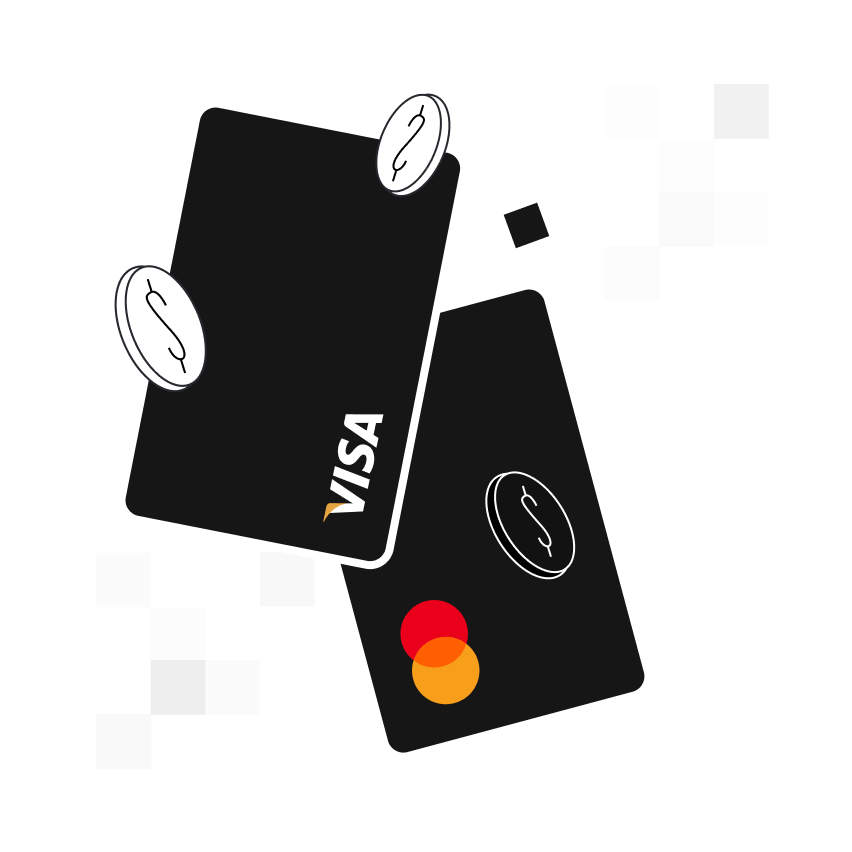Currently, mainstream industries in this world hold 5 viewpoints towards Bitcoin and blockchain technology, with a consensus slowly being formed. These are:
1. Bitcoin is a virtual good and is similar in many ways to more traditional investments.
2. Bitcoin is a peer-to-peer payment method and has the potential of challenging Visa’s market dominance.
3. The Bitcoin blockchain, as an underlying blockchain, can provide consensus solutions to other public blockchains, with Bitcoin itself as the fees for this service. Because of this, the Bitcoin blockchain may become the infrastructure on which all other blockchain applications are built in the future.
4. Bitcoin is a virtual currency on the internet. It has some attributes of traditional currencies and some attributes of traditional payments systems in certain internet communities.
5. Bitcoin is a reserve asset like gold, and because of its standardization, divisibility, and the ability of conducting online transfers, it has great advantages in many aspects such as payment efficiency, preservation cost, and more. Because of this, it has the potential of becoming a form of "digital gold", and is therefore an asset with the possibility of replacing gold in the internet of value era.
Most countries do not recognize Bitcoin as currency, instead defining it as virtual good. Nevertheless, many jurisdictions have established regulations or have actively started to support its growth. The overall attitude of regulatory bodies is now changing from a neutral view to a positive one. The United States itself has included Bitcoin into the traditional financial regulatory system, with Bitcoin companies being required to apply for MTLs (Money Transmitting Licenses). The state of New York has introduced BitLicense for the exclusive regulation of Bitcoin. Many European countries have also been adopting positive attitudes towards Bitcoin. Some countries have established regulatory a framework for Bitcoin, with some of these insisting that Bitcoin-involved economic activities should be subject to traditional taxes. The FSA of Japan has officially recognized Bitcoin and digital currency as a legal currency, and has ruled that all digital currency exchanges must register with them. The Russian government issued a ban on Bitcoin in the past, but has revoked it after many other jurisdictions published their regulations. The governor of the Indian central bank Raghuram Rajan said that before we have a consensus on the potential of Bitcoin, we should study it in-depth instead of act too forcibly.

